Tag: care guide
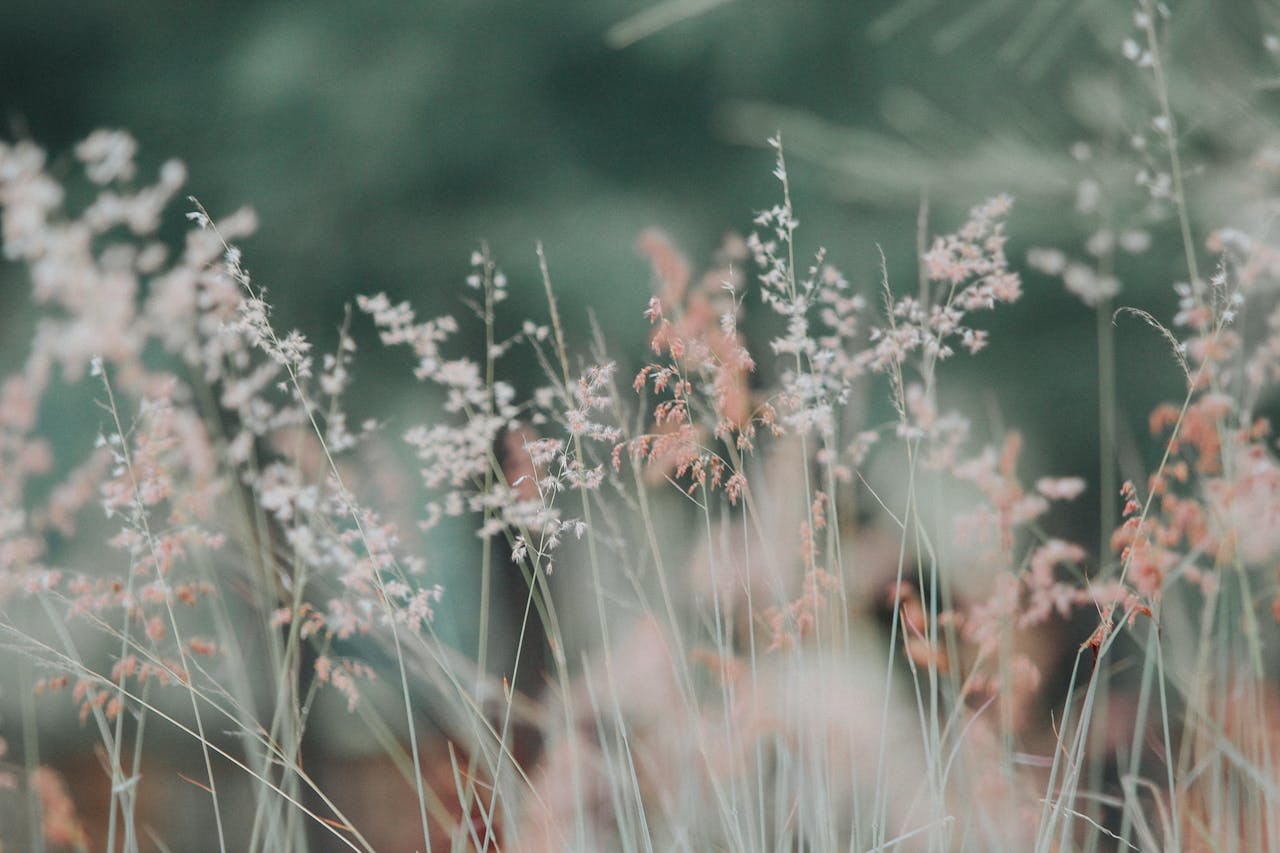
Master Plant Zones: Unlock the Secret to Thriving Gardens Everywhere
Wondering when and what vegetables to plant? Timing is everything when it comes to gardening success. Discover how understanding plant zones, like USDA zones, can help you choose the best crops for your region, from cool-season favorites to sun-loving warm-season veggies. Learn how to plan your planting schedule with a little knowledge of your local…
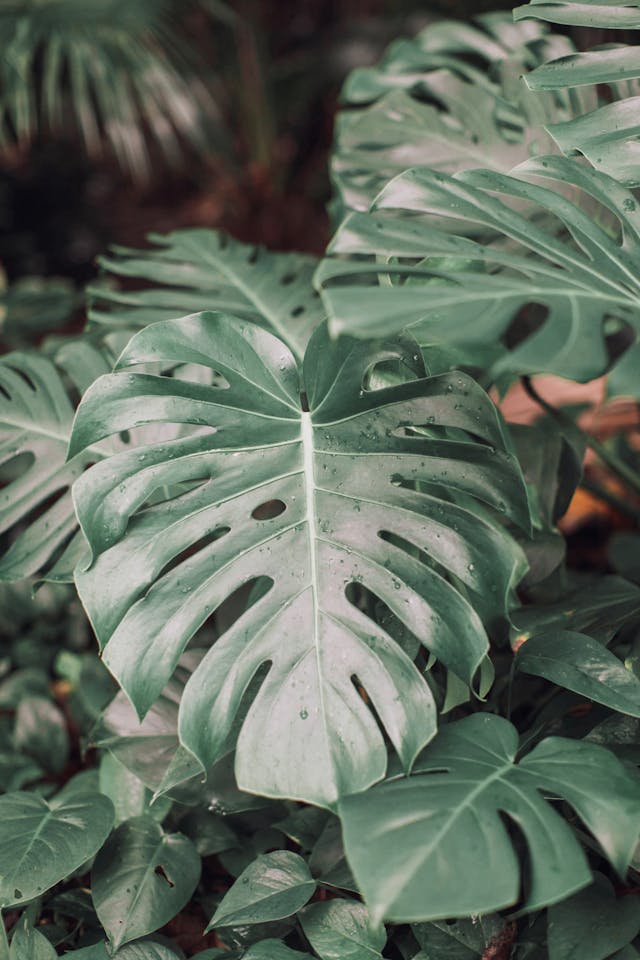
Monstera: How to Care for a Monstera Plant the Easy Way
Scrambling to keep your monstera alive for longer than a few weeks? Look no further! Follow us in this comprehensive care guide for one of the most popular house plants in Western culture

Cypress Cedar: The Tree with a Stolen Name
Discover the cultural, historical, and ecological significance of the “Cypress Cedar” (Thuja plicata) and its kin. Explore its uses, origins, and its rich symbolism in mythology, Native American traditions, and global perspectives. Learn about its duality as a symbol of durability and fragility, bridging life, memory, and nature.
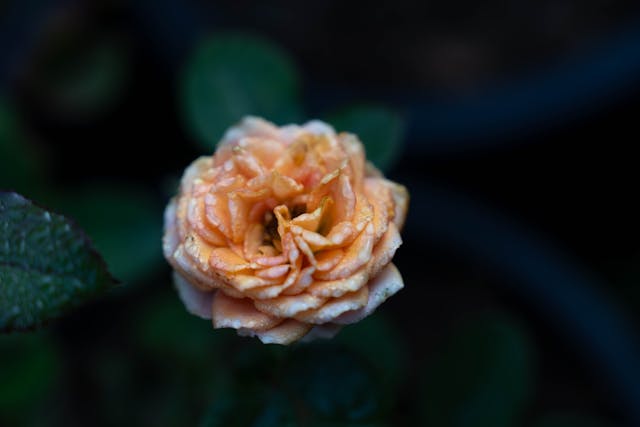
Rose: Love is never the whole story
In central Asia, where the ancient Persians used to reside, there was a bird called Bulbul, the nightingale. A shrill, plain, palm-sized little thing, the nightingale could boast nothing about himself except for his pride. As he watched the other birds flaunt their beauty, talent, and mimicry, the nightingale resolved, that if heaven never gifted…
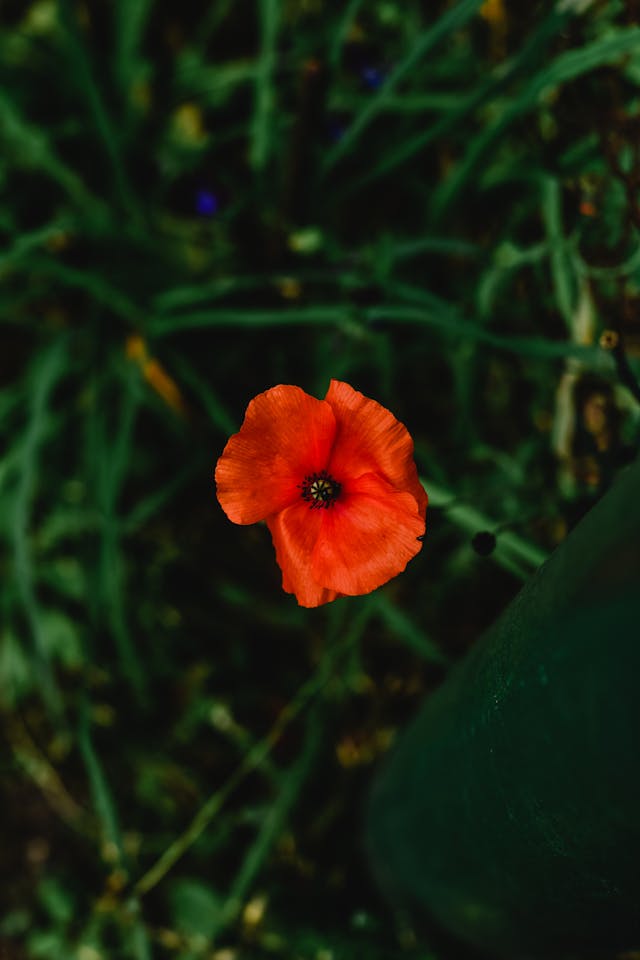
Poppy: The Elixir of Life is Poison
Discover the Hidden Role of the Poppy in the Persephone Myth and Eleusinian Mysteries Dive into the lesser-known aspects of the Persephone and Hades myth, exploring how the poppy—known as the “flower of death”—symbolized life, death, and immortality in ancient Greek rituals. Uncover the secret connections between Demeter’s grief, the narcotic poppy, and the lost…
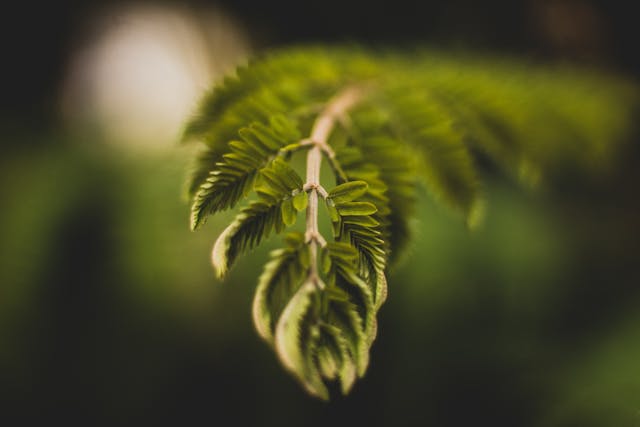
Mimosa Pudica: It’s the Shy Ones You Should Look Out For
Deep in the forests of Madagascar, there lives a legendary tree called the “tepe.” Perhaps you’ve heard of it before. With a thick textured trunk and leaves of an agave plant, it has voracious tendrils sprouting and thrashing from the crown like a nest of angry vipers. If you draw too close to the intoxicating…
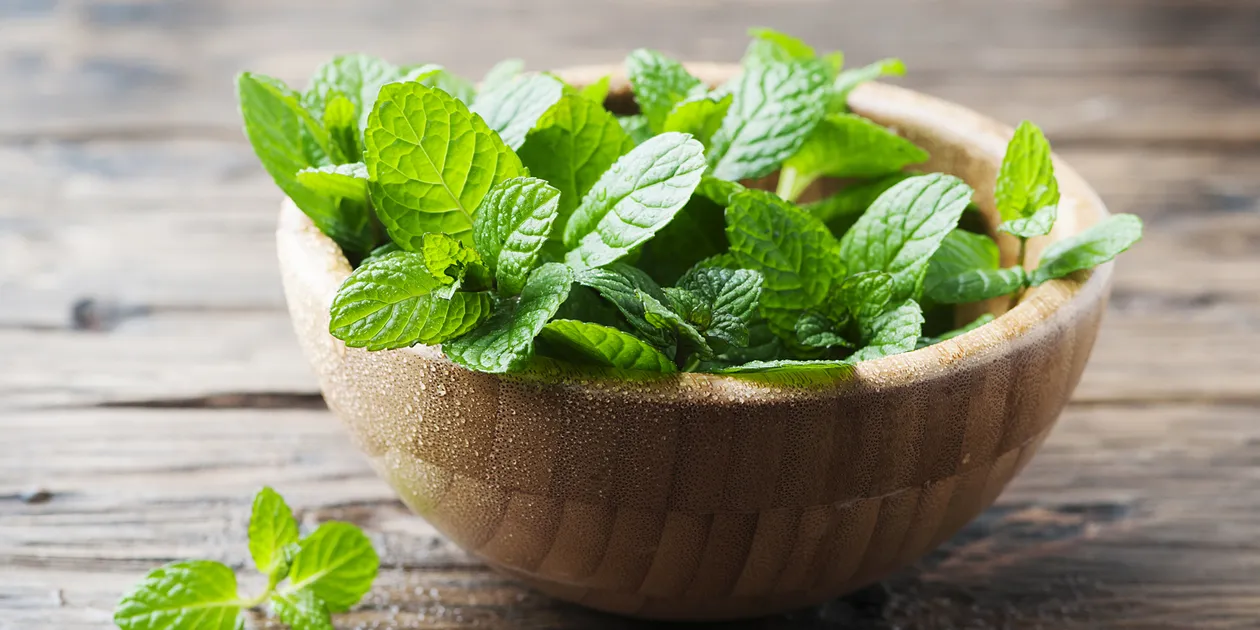
Mint: Dr. Frankenstein’s monster smells of love and shaving cream
Menthe (mint), from the family Lamiaeacea (jaws) Mint is a lovely, versatile garden plant that has rooted itself deeply into gardens worldwide— a distinct, vibrant personality setting it apart from its neighbors both subjectively and physically (being an isolated plant in garden beds). Its personality is so distinct that ancient Greeks had personified it in…
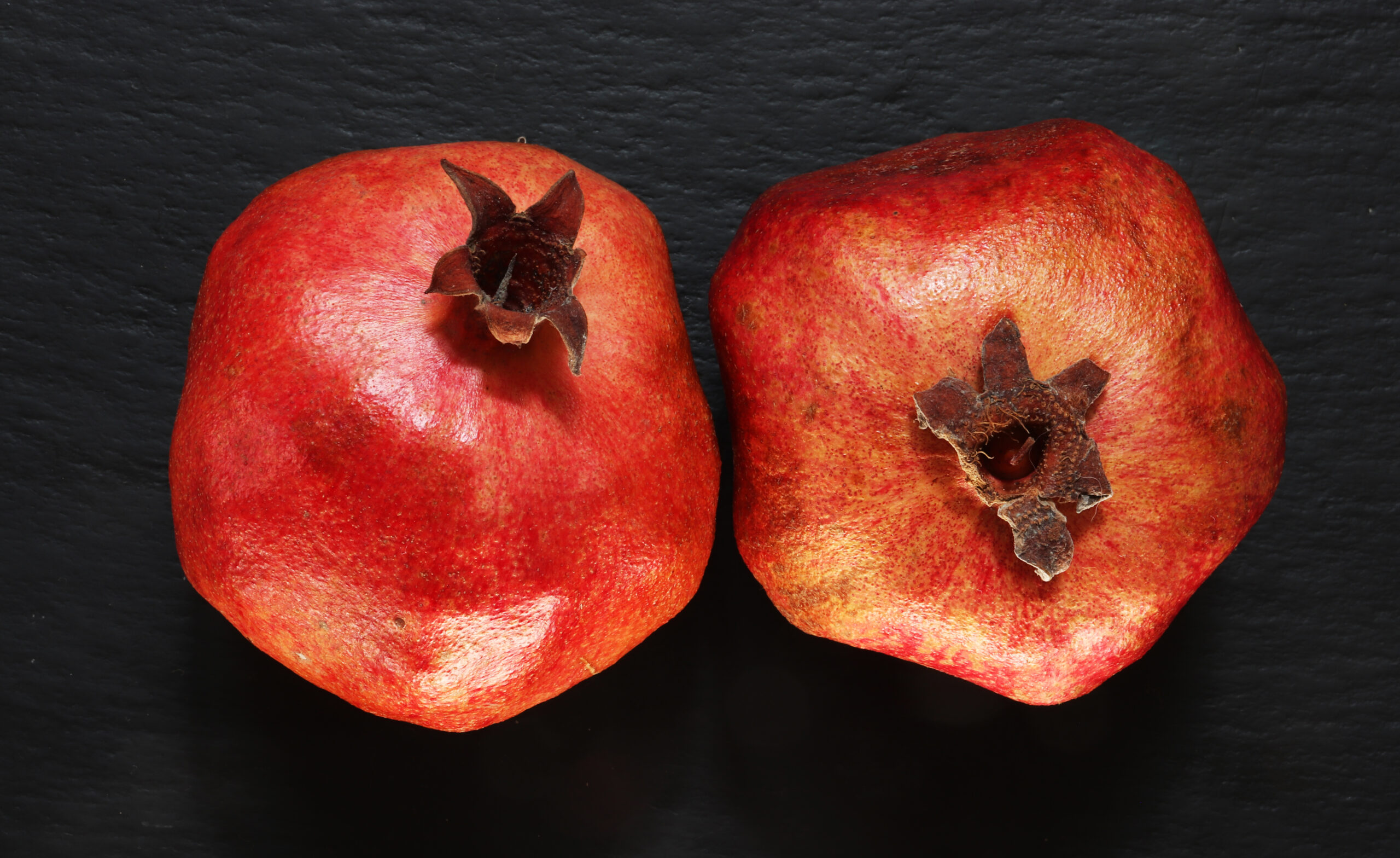
Pomegranates: Planting infused with vitamins, minerals, and the meaning of life
A Symbol of Abundance and Cultural Depth The Pomegranate: A Wellness Symbol with Ancient Prestige Expensive, messy, and highly acclaimed for its health benefits, the pomegranate is stereotypically associated with rich wellness enthusiasts who care too much about questionable scientific research on chemical compounds no one can pronounce. And surely the pomegranate must not have…
